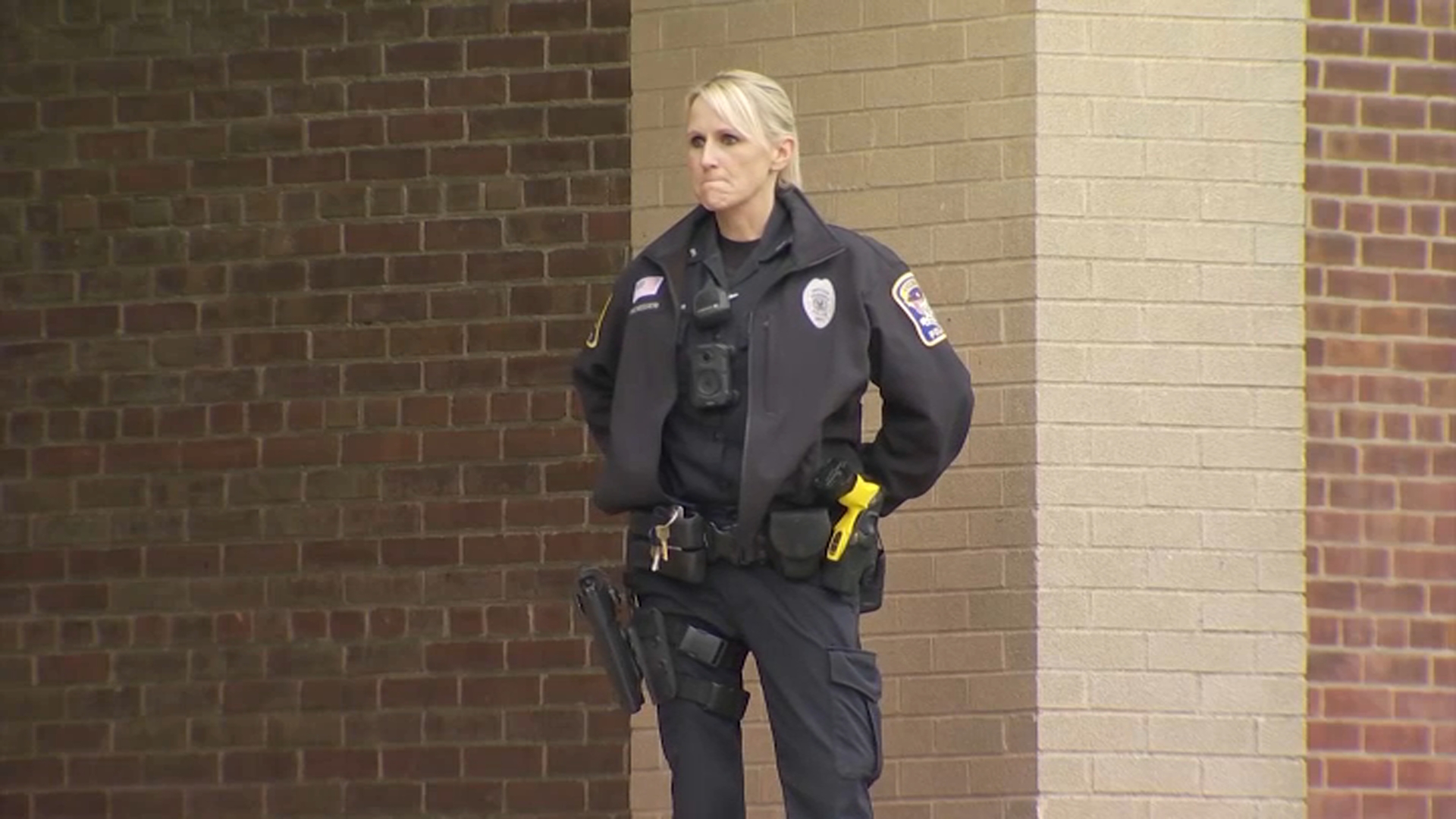Ed O’Hara, a Greenwich dad and hedge fund guy, says he recently lost all faith in the judicial system.
It all started when he found himself in a heated custody battle with his ex-wife.
O’Hara spent thousands of dollars trying to do right by his kids, but said he was recently put in an unusual situation when one of the judges hearing his case officiated at the wedding of his ex-wife’s attorney.
“There is not even supposed to be an appearance of a conflict of interest. This sure seemed like one to me,” O’Hara said.
He filed a judicial complaint against family court judge Marylouise Schofield, saying her decision to officiate the wedding raised serious doubts in his mind about her ability to be impartial during his custody hearings.
“My complaint was fully grounded in the ethical guidelines for lawyers and the rules and laws of this state,” said O’Hara.
According to the state’s judicial code of conduct, “a judge shall avoid impropriety and the appearance of impropriety.”
Local
The test for this is “whether the conduct would create in reasonable minds a perception that the judge engaged in other conduct that reflects adversely on her appearance of impartiality.”
O’Hara’s complaint was filed with the state’s judicial review council, a 12-member panel consisting of judges, lawyers and law people nominated by the governor and confirmed by the Legislature.
Nearly six months went by before he received a letter saying his complaint against Judge Schofield had been dismissed. No improprieties were found.
“It says the judicial complaint procedure is a complete and utter farce. No one’s constitutional rights are protected in this state,” O’Hara said.
He now questions the council’s ability to be impartial, saying it protects judges and consistently dismisses complaints on technicalities.
Attorney Jim Bergenn said the system worked in this case, even though he admits O’Hara’s feelings are justified.
“The parties that are in the divorce may wonder whether there is a relationship that’s going to affect the thinking of a judge. But it’s really up to a judge to decide whether or not there is an appearance of partiality,” Bergenn said.
Democratic representative Gary Holder-Winfield, of New Haven, sits on the judiciary committee. He would not go on camera, but said the number of “founded” complaints against judges are small. The numbers certainly seem to back that up.
In the 2010 annual judicial review report, 78 complaints were filed and none were founded. In the 2009 report, 99 complaints were filed and just 1 resulted in a judge’s suspension of less than a year. Chances are you’ll remember this case and the video of her interaction with police.
Judge Curtissa Cofield was charged with DUI and threatening the officers who arrested her after she crashed into a parked state police cruiser. Those charges were dismissed though after she completed an alcohol education program. She’s since returned to the bench.
In 2008, a judge was privately admonished after the council investigated two separate complaints.
The details of “unfounded” complaints are kept confidential, meaning not much is known about the complaints that are filed.
In the last 20 years, only 10 judges have been found guilty of wrongdoing. Nearly all of them received minimal suspensions, while some were publically censured. O’Hara said it’s laughable.
“Many people feel that their rights aren’t protected and there is not due process and no protection against this,” said O’Hara.
Judge Lynda Munro could not speak to the judicial review process, but said that’s not the case when it comes to the family court system.
“There are not deals made behind closed doors. I can’t begin to understand where that comes from,” Munro said.
She oversees family court in Connecticut and said different groups are constantly looking at ways to improve it.
“From time to time, there are commissions and task forces that look at ways to improve on how we do what we are supposed to do to discharge our responsibilities under the constitution,” Munro pointed out.
When asked about Judge Schofield’s behavior in O’Hara’s case, Munro declined to comment.
O’Hara said he’s not surprised by the lack of reaction and wants something done about the way judges are evaluated and investigated for wrongdoing.
“I think there needs to be a civilian oversight panel. The federal government also needs to come in and completely investigate what’s going on in Connecticut,” said O’Hara.
Despite repeated requests from NBC Connecticut, the Judicial Review Council did not make anyone available to interview for our story.
We were told the 2011 annual report was not available even though the fiscal year ended last June. The executive director admits the JRC is behind on its bookkeeping.



